Denim Première Vision: The Better Way to Be Sustainable
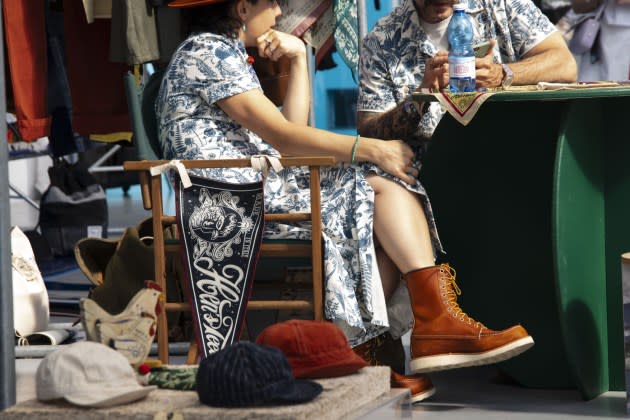
MILAN — The latest edition of the Denim Première Vision trade show was all about innovation, sustainability and a new “better way” to be proactive.
Held at Superstudio Più in Milan, the two-day fair welcomed 90 exhibitors, including 20 newcomers, from 19 countries such as Spain, Italy, Japan and Turkey.
More from WWD
Robert Talbott to Bring Its California Aesthetic to Pitti Uomo
Denimwear Brand Gas Turns 40, Preps Big Comeback at Pitti Uomo
This year the show joined the “A Better Way” program, which rolled out for the first time at Première Vision Paris last year. The participating exhibitors need to meet five criteria to be eligible: social initiatives, impact of production sites, traceability, product composition and processes, and end-of-life of the finished product. These guidelines were determined by Première Vision and independent experts based on a survey system submitted to the exhibitors as well as labels and certifications selected for their strength on a global scale, which include Leather Working Group, Ecolabel, European Flax and the ZDHC program, among others.
The fair closed June 6, drawing 2,037 attendees from fashion and accessory brands, buyers,
designers, production managers and more.
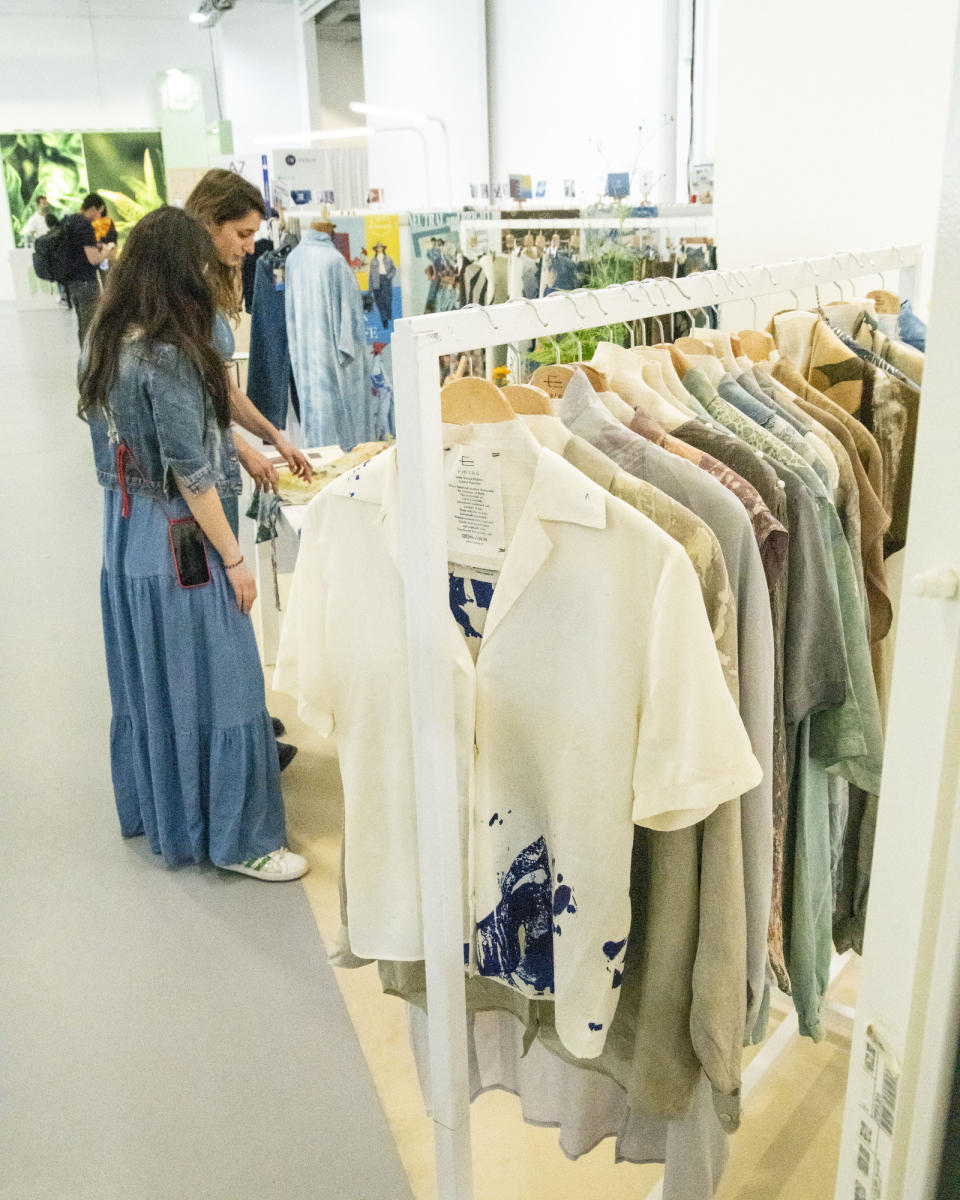
Show director Fabio Adami Dalla Val confirmed that attendance was in line with the last edition, with perhaps even higher quality. “I’m satisfied with the general mood, the first day was excellent,” he said in an interview.
The focus was on sustainability as “The Fashion Forum” took place. It was a space to discover developments from the exhibitors and also it welcomed the “Project Tomorrow” collection, an initiative that involved two Italian fashion schools, NABA and IED.
“We have a majority of textile manufacturers and for the first time we reached the number of six Japanese textile manufacturers that are participating,” said Adami Dalla Val.
A key event was the first panel on the first day, which was made up of the so-called “Denim Titans”: Jimmy Taverniti, Adriano Goldschmied, François Girbaud and Marithé Bachellerie. Moderated by Marco Lucietti, director of strategic projects at Sanko Holding’s Isko Division, the panelists shared their experiences and talked about the challenges they had to face in the industry.
Talking about a potential expansion, the show director said “this dimension is strategic for a two-day fair. We don’t want to lose quality just to be bigger, and overall we have to guarantee visibility to all exhibitors and allow the visitors to meet them in the time that they have at their disposal.”
On the business side, the general mood remained cautious.
Luigi Caccia, cofounder of the sustainable brand Pure Denim, said that “for now 2024 is tougher than 2023. The market fluctuates but the innovations that we presented at the end of 2023 have allowed the brand to endure, especially since a strong focus on accessories is allowing us to expand in new territories.”
For the Italian mill Berto, the first six months of the year were difficult in terms of production. “We are usually used to seeing a decline in orders in June, but now we have seen it earlier,” said marketing manager Francesca Polato.
Andrea Venier, managing director of Officina+39, said “the first quarter is in line with expectations. If we continue along this trend we can expect good results for the end of the year. In terms of production, the most fruitful markets are Italy, and then a fundamental market is Bangladesh, Pakistan where the demand is growing compared to last year. In fact in the fall we are planning to open a production unit in the United Arab Emirates to approach the Asian markets.”
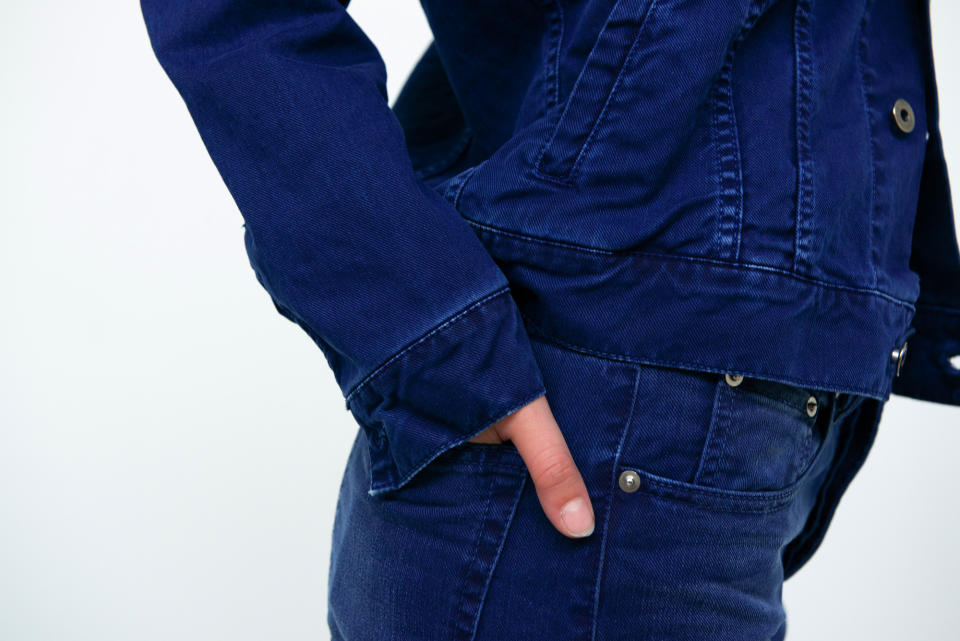
Ceren Cicekcioglu, sales manager of Egyptian manufacturer Lotus, said that Egypt represents a good alternative to Turkey, which has increased its costs. So much so that Turkish mill Calik is mapping out different operational areas in Los Angeles and Japan in order to compensate for weaker business in Europe in 2023 due to the higher costs, according to its marketing executive Hande Hacioglu.
For the garment maker Fashion Art, the Padua, Italy-based company, last year was a positive one following the acquisition by Chanel at the end of 2022. In 2025 and 2026 it is planning to internalize the strategic phases of production through the purchase of a building near its headquarters, a laundry and the development of a research center for upcycling projects. Furthermore, it is supporting an academy project to train seamstresses and prototype makers.
In terms of product, the goal for exhibitors wasn’t to lose sight of fashion trends in the name of sustainability. With this in mind, Officina+39 presented a new responsible production process which guaranteed both style and commitment to the planet called Aqualess. This is a new all-in-one enzyme water-free and 100 percent pumice stone replacement.
Through this new process the stone-wash and authentic vintage looks come from conventional machines, at room temperature. Other benefits are outstanding abrasion and high contrast effects, low environmental impact and anti-staining properties, and a better bluish cast compared to pumice stone, without the labor-intensive process of removing it. This process is suitable not only for indigo and black denim but also for garments treated with Officina+39’s premium dyestuffs such as Recycrom, which is a ready-to-dye trademarked technology that includes 15 dyestuffs from a standard color card.
Another introduction was the Intense Cel Block product, which serves as a color blocker and fixer. It can be applied via spray, brush or sponge, either localized or all-over, to achieve high-reserve effects on denim or colors following bleaching/corrosion or acid wash, keeping the color bright and intense. Officina+39 continues to improve the process of garment dyeing by easy indigo, reducing the consumption of water, energy and resources. The technology uses specific formaldehyde-free agents to enhance the dyeing process of raw garments, resulting in a bright and deep indigo color, improving wash and rubbing fastness, and increasing lightfastness and levelness.
The latest collaboration promoted by the chemical company is Re-Up, an upcycling project that gives new life to OVS garments through a creative collection made with Officina+39’s Recycrom dyestuff by individuals with intellectual disabilities, whom the nonprofit association Valmour helps to join the workforce.
Isko is continuing its collaboration with the start-up company Re&Up that debuted last November in which recycled cotton, polyester and polycotton and end-of-life textile waste through a circular ecosystem are transformed into high-quality next-gen fibers.

Demonstrating its practical applications and benefits, the collection entirely made of next-gen fibers included five new macro groups, each tailored for different needs, like the Inflexible made using rigid fabrics or the Motion which gives comfort and freedom of movement. Isko also presented the latest capsule collection by Adriano Goldschmied, who has continued his work on Denim Redefined with a new range of five-pocket pants and a selection of jackets.
“Isko is thrilled to present our collection at Denim Première Vision,” said Lucietti. “ Our aim is to continually push the boundaries of what fashion can be, creating designs that are as responsible as they are stylish.”
The reinterpretation of classic designs was the leitmotif for the six new capsules showcased by Isko Luxury by PG: sartorial cuts, velvet fabrics, brilliant tones and flock surfaces motifs were featured on the collection produced by Isko and powered by Re&Up recycling technologies. The brand debuted a series of accessories, bags and shoes made of special pony-effect flock-velvet denim, fake fur and animal skins effects.
“My philosophy in creating new collections has always been to look to the past in order to propose fashion in the present that looks to the future. This time traveling also leads me to explore worlds other than clothing, to study worlds related to it such as, for example, the furniture of the past, the accessories and jewelry of the past, that is, everything that has a story to tell and is a source of inspiration for me,” said the creative director, Paolo Gnutti.
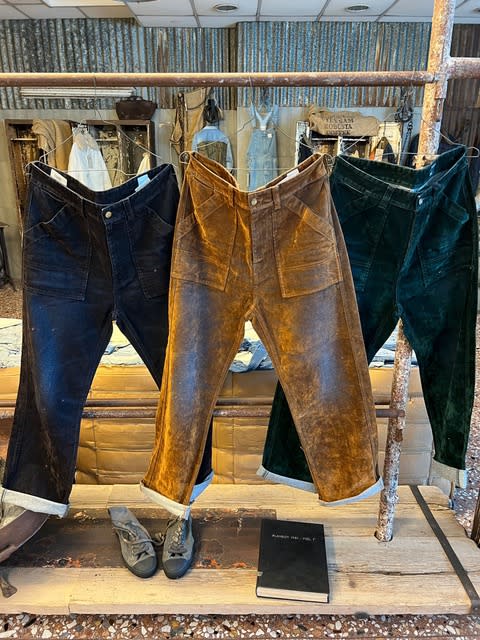
Advanced materials and specialty chemical firm Eastman Chemical launched Naia Renew, a cellulosic acetate fiber made from 60 percent sustainably sourced wood pulp and 40 percent certified recycled content, created from Global Recycled Standard-certified recycled waste materials.
Eastman Chemical claims the fiber blends well with natural, other man-made cellulose and synthetic fibers and multiple content yarns. Also it is hypoallergenic and skin-friendly for denim, dries fast and does not cling to skin, manages odor and moisture effectively and delivers better spreading speed.
“Naia [Renew] has a strong and transparent sustainability story that brands can pass on to their customers and denim lovers all over the world, making them more aware of their choices. Third-party certifications play a key role in this scenario because what we promise is verified and proven,” stated Carolina Sister Cohn, Eastman’s global marketing leader for textiles.
The Italian mill Pure Denim introduced the Clean dyeing d(y)enim technology, an eco-friendly dyeing solution which combines ultrasonic technology and green chemistry, saving 85 percent of water, with less than 60 percent CO2 emission and decreasing waste by 100 percent. The costs for the five-step process — single step sono-dyeing, drying, fixation, sizing and drying — are calculated to be the same or even less of existing lines.
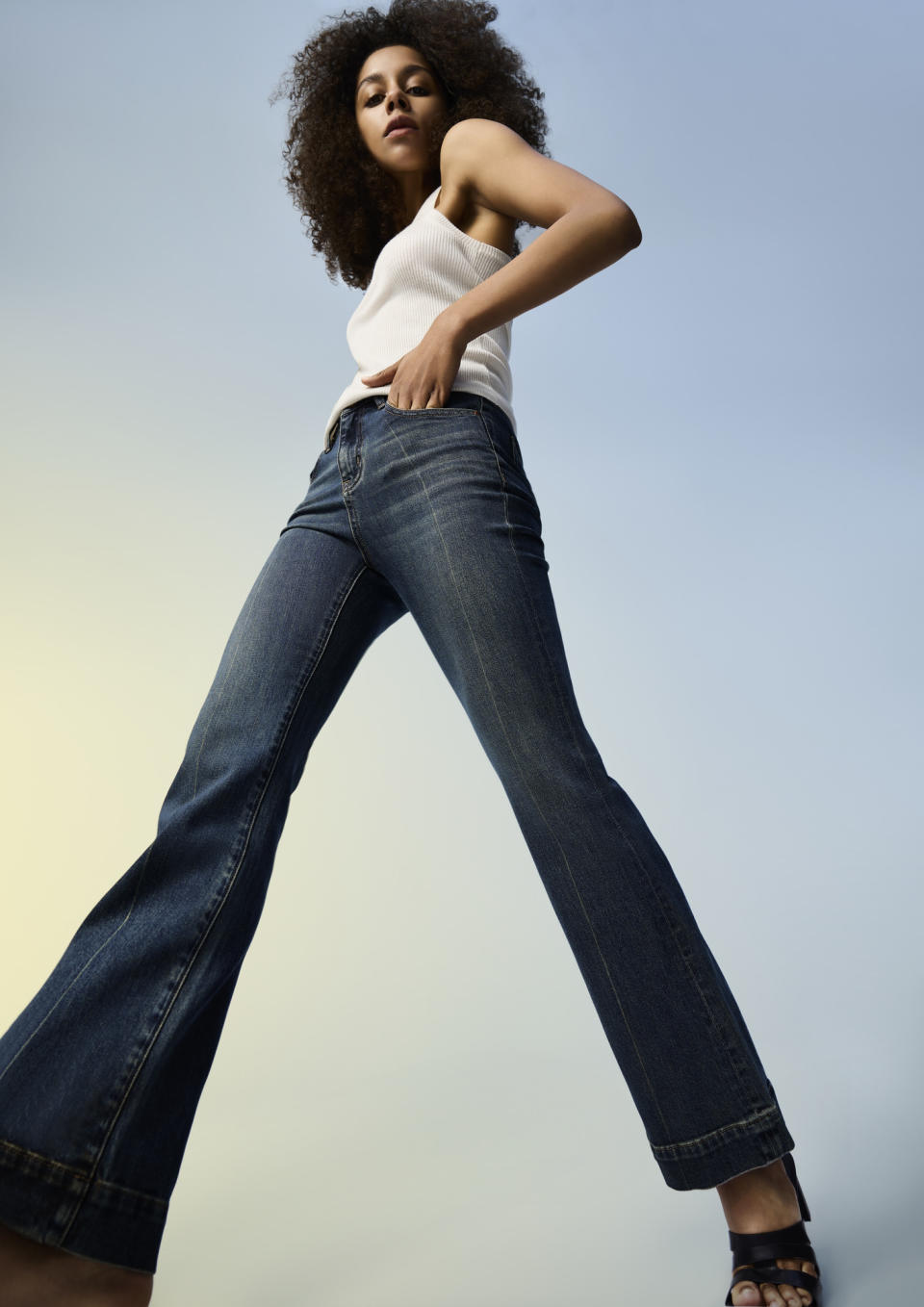
Best of WWD


